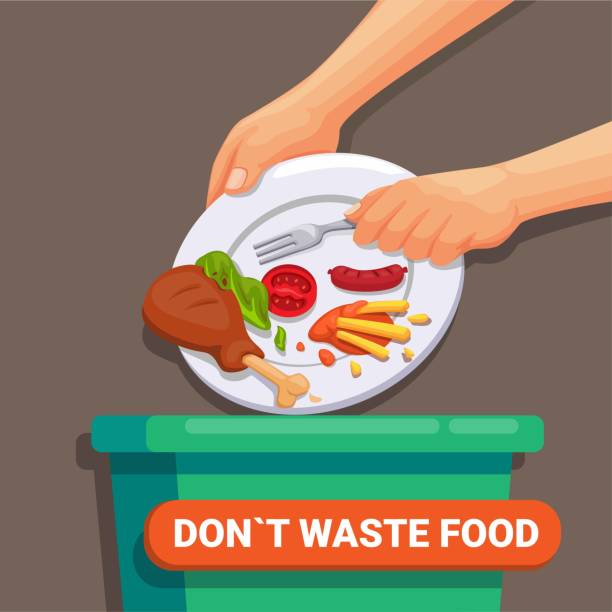Food waste is a significant problem globally, with an estimated one third of all food produced going to waste. Not only is this a waste of resources, it also has a negative impact on the environment, contributing to greenhouse gas emissions. However, there are steps that we can all take to reduce our food waste and make a positive impact. In this article, we will explore a variety of simple and effective strategies for reducing food waste in our daily lives. From planning meals and grocery shopping to properly storing and preserving food, these tips can help us make the most of the resources available to us and minimize our environmental impact.
Planning
Plan your meals and grocery shopping. Before going shopping, make a list of the meals you plan to make for the week and only buy the ingredients you need for those meals. This can help you avoid over-purchasing and wasting food.
Buy in smaller quantities
Consider buying smaller quantities of perishable items, so you are more likely to use them before they go bad.
Storing of food
tore food properly. Proper storage can help extend the shelf life of your food.
For example, store fruits and vegetables in the crisper drawer of your fridge and use airtight containers to store pantry items.
Using the product before getting expired
Use up ingredients before they expire. If you have ingredients in your pantry that are about to expire, try to use them up in a recipe before they go bad.
Using fridge wisely
Make sure to properly organize your fridge so that you can easily see and access the food you have. This can help you use up items before they go bad.
Donate Of excess food
Donate excess food to a local food bank. If you have more food than you can eat, consider donating it to a local food bank or soup kitchen.
Compost excess food
Composting is a great way to turn food waste into a valuable resource. If you don’t have space for a traditional compost bin, consider using a small kitchen compost bin or vermicomposting (composting with worms).
Follow First In, First Out System
Use a “first in, first out” system for your pantry. When you buy new food, place it behind the existing food in your pantry so that you use the older items first.
Use up food
If you have food that is no longer at its best but is still safe to eat, consider using it in recipes that call for cooked or mashed ingredients, such as soups, casseroles, or baked goods.
At the end…
Reducing food waste is important for both environmental and financial reasons. By following the tips outlined in this article, you can take steps to reduce food waste in your household and make a positive impact on the planet. Remember to plan your meals, store food properly, use up leftovers, buy in smaller quantities, use the whole product, and consider starting a compost bin. Every small action makes a difference, and by working together, we can all play a part in reducing food waste and protecting our planet.

